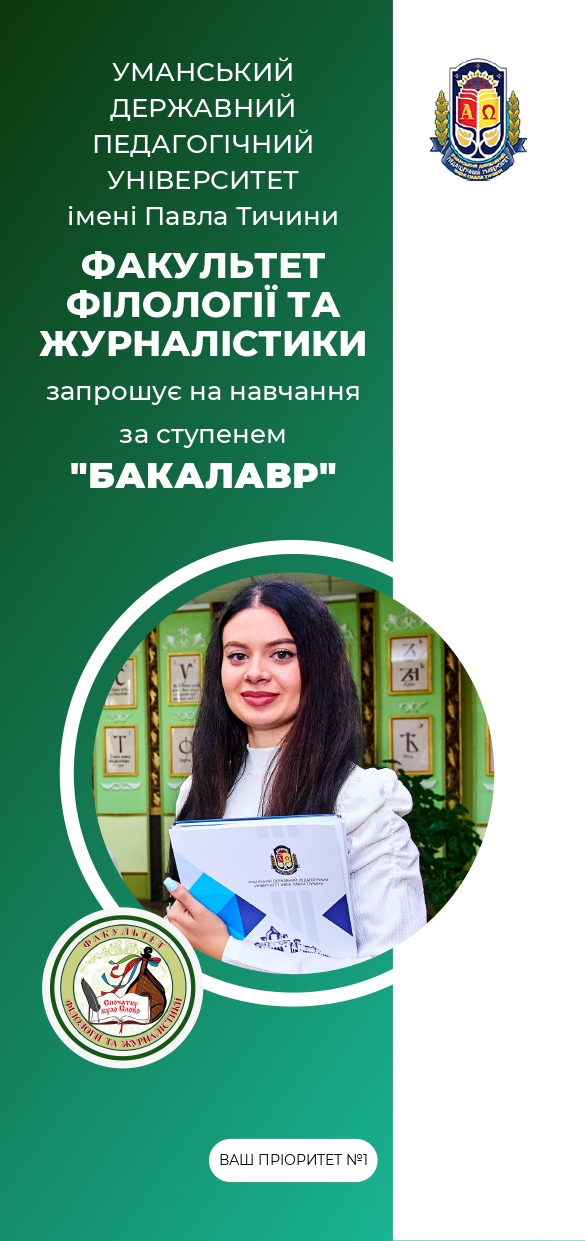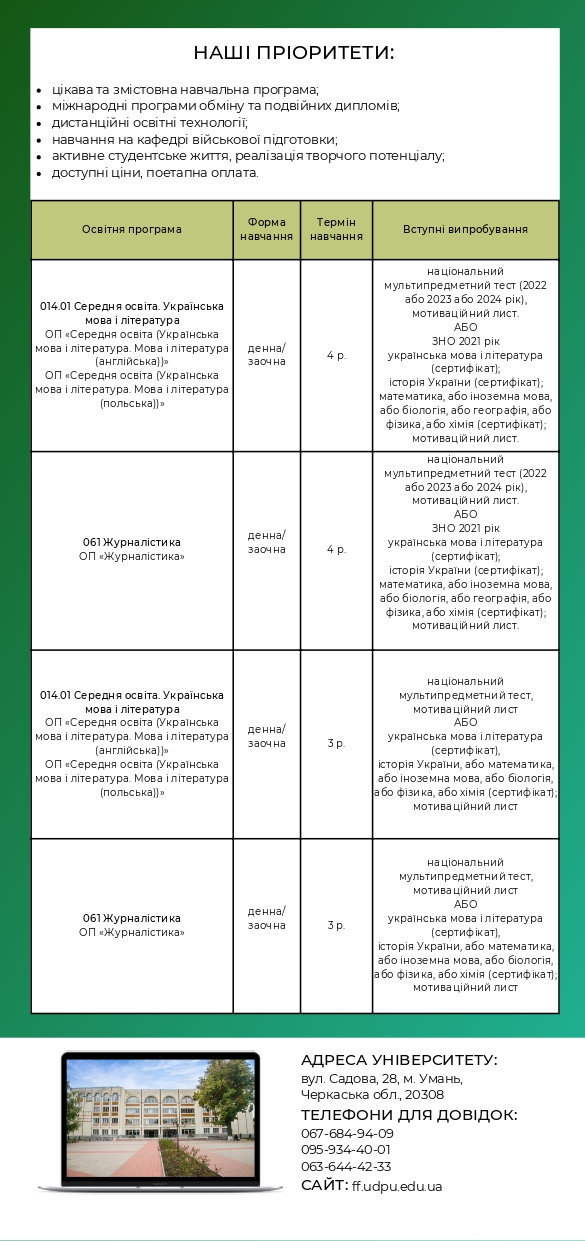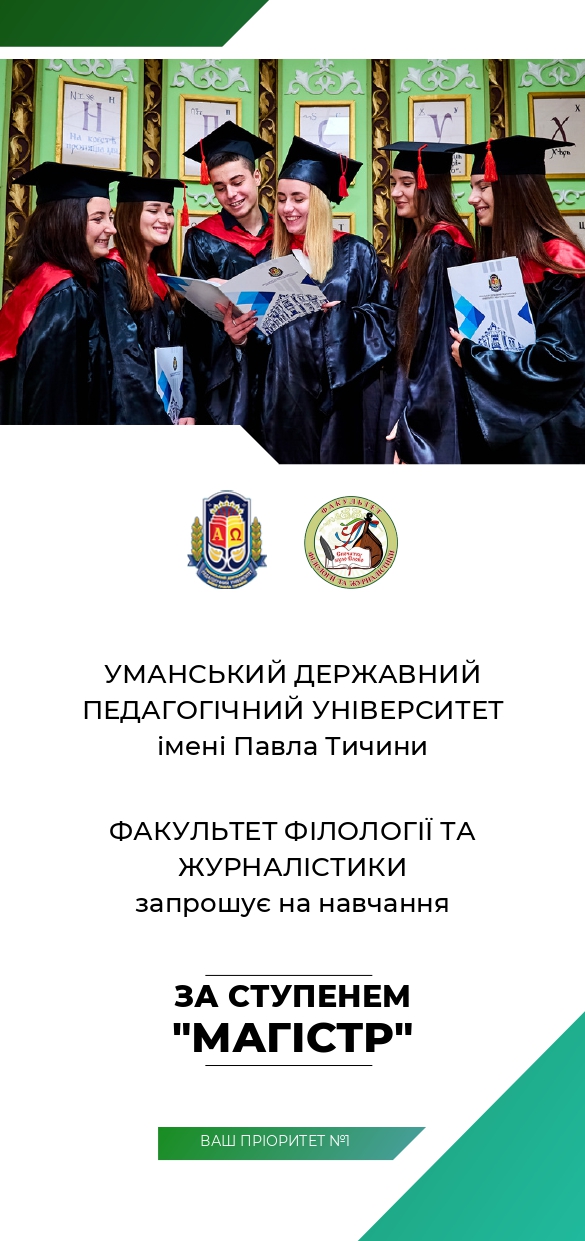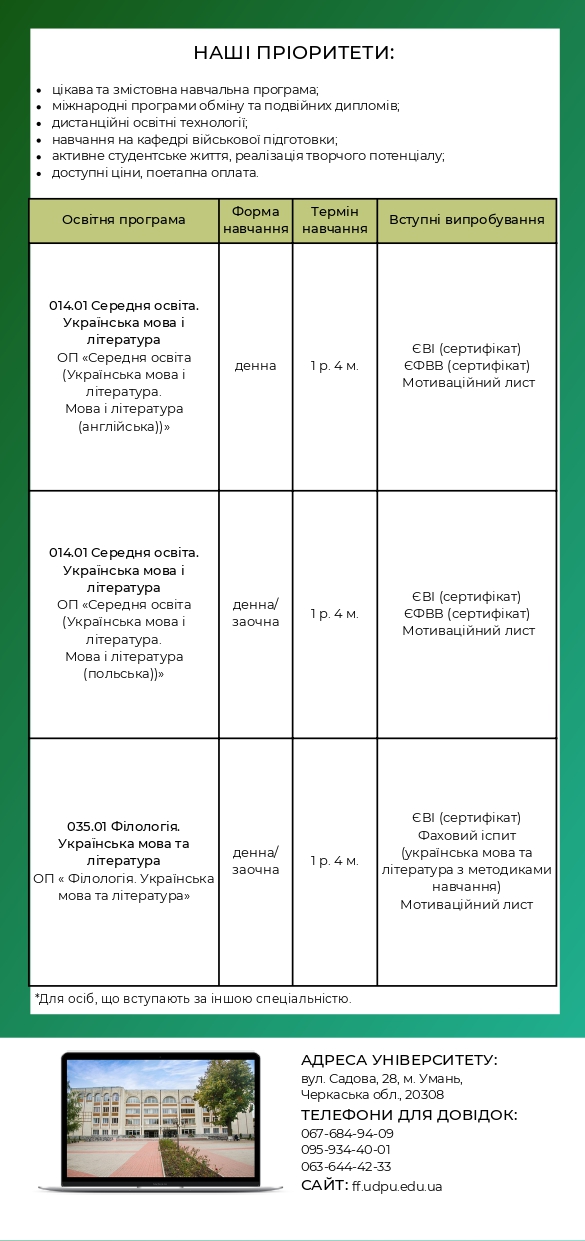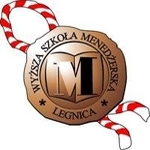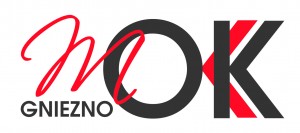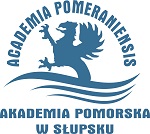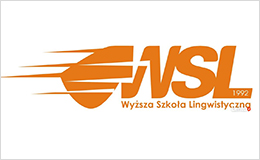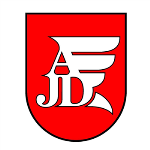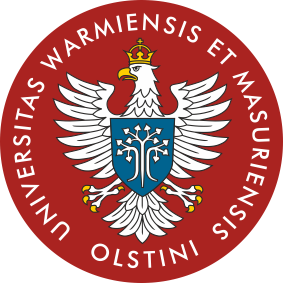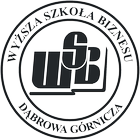Магістратура
Speciality: 014.01 Secondary Education (Ukrainian language and literature)
| Profile of professionally oriented program
Master of Education |
|||||||
| Type of the diploma and the scope of the program | Single degree, 120 ECTS credits.. | ||||||
| Institution of higher education | Pavlo Tychyna Uman State Pedagogical University | ||||||
| The accreditation institution | The National Agency for quality assurance of higher education | ||||||
| The period of accreditation | The program is implemented in 2016 | ||||||
| Level of program | FQ-EHEA-second cycle, QF-LLL-7 level, NQF – 7 level. | ||||||
| А | Objectives of the programme | ||||||
| Provide education in the branch of Education with a wide access to employment, prepare students for educational activities with opportunities for further training. Providing to undergraduates practical and research activities in the field of humanities knowledge, linguistic and socio cultural communication, education, culture and management.. | |||||||
| Б | Characteristics of the programme | ||||||
| 1 | Specialization,
Direction |
The programme is interdisciplinary and includes the following components:
– general training cycle (16 credits ECTS, 480 hours); – professional training cycle (56 credits ECTS, 1680 hours; with a practical training); – free choice courses (21 credits ECTS, 630 hours); – practical training – 24 credits; – attestation – 3 credits. |
|||||
| 2 | Focus of the programme: general / special | Professional degree in Philology and teaching methods in higher educational institutions of different levels of accreditation. | |||||
| 3 | Orientation of the programme | The program is based on the current scientific knowledge about the goals and values of philological education and methods of teaching language and literature in the institutions of higher education; about the traditional and innovative approaches to problem solving of philological and pedagogical education. | |||||
| 4 | Features of the programme | Successful completion of the programme involves obtaining fundamental and professionally oriented knowledge and skills, ability to solve typical professional tasks field of philology and related specialties. | |||||
| В | Employment and further education | ||||||
| 1 | Employment | Work places at the universities, scientific and educational institutions, scientific positions in the field of communication, management and research, insurance companies, government agencies, IT companies, consulting, editing texts Ukrainian language. | |||||
| 2 | Continuation of the education | Postgraduate programs philological education, the theory and methodology of teaching in higher education, interdisciplinary programmes which similar to education (pedagogy of higher education, management of education institutions), literature and linguistics. | |||||
| Г | The style and methods of teaching | ||||||
| 1 | Approaches to the teaching and learning | A combination of lectures, practical lessons and seminars , scientific seminars, practice in educational and research institutions, execution of the projects , distance or e-learning, which can be made from paper media or ICT.
Learning to lead scientific discussion, to write a resume from reading, to articulate the problem and to decide it correctly; to conduct researchs and write an articles; to manage and to participate actively in the meeting of problem group. |
|||||
| 2 | Grading system | Accumulation of the point rating system; testing of knowledge and skills, presentations, portfolios, reports on training on the job, writing literature review on the issue, the defense of the qualification work. | |||||
|
|
|||||||
| Д | The Programme competencies | ||||||
| 1 | General | Analysis and synthesis. The ability to analyze, synthesize, evaluate for identify pedagogical problems and develop solutions for their elimination; the ability to improve own teaching and formation of learning and research skills.
The flexibility of thinking. Acquirement of flexible thinking, which allows us to understand and resolve issues and problems, while maintaining a critical attitude towards sustainable scientific competencies. Group work. The ability to interpersonal communication; communication skills, ability to self-criticism; ability and capability of making decisions. Popularization skills. Ability to hold the presentations, to prepare articles on the results of studies, and modern linguistic and literary concepts for non-specialists. Ethical installation. Acquiring of the necessary knowledge and understanding the role of linguistics and literature in society in order to adequate professional work and taking into account of the impact on social issues. |
|||||
| 2 | Professional | Graduates will gain fundamental knowledge and understanding of basic industries of philology. The scope of basic knowledge will be sufficient to successfully train in one of the scientific groups.
Graduates will be capable to: – to conduct scientific research activity; to compare the modern scientific concepts with their own linguistic and literary researches for solving the pressing tasks of Philology; – to formulate the main tasks of own scientific and practical activities; – to evaluate the scientific and practical value of Philology tasks; – to evaluate creatively and critically the philological information for solving research and practical problems in the field of professional activity; – to analyze independently , interpret and represent the results of research and practical works at fixed samples; – to formulate independently and solve tasks which related with the using of language and literature in education, communication and in management; – to analyzed independently texts from linguistic and literary points of views ; – to create creatively, translate and interpret the texts; – to possess by methods and techniques transfer of professional knowledge; – to possess the basics of verbal behavior in different areas of professional communication, in situations of prevention and settlement of conflicts; – to possess by communication, rhetorical, stylistic and linguistic norms acceptable in various fields of professional communication, and to use them in solving professional tasks; – to conduct scientific controversy; to use the laws of rhetoric in professional activities.; – to carry out independently practical professional work in accordance with obtained qualifications. |
|||||
| The Programme Results of Learning | Knowledge:
– main directions in development of philological sciences, philological research methods, basics of linguistic and literary sciences; – depth knowledges of basic sciences to the extent necessary for the development of general professional disciplines; – deep knowledges of computer science and modern information technologies in education and science; – of main tendencies methods of teaching Ukrainian language and literature in institutions of higher education основних етапів розвитку літературного процесу в контексті світової літератури та актуальних проблем сучасної української літератури; – of ways of development and current state of Ukrainian literary language with the definition of actual problems of Linguistics; – of legal and ethical standards that govern the relationships between people in professional collectives. Cognitive abilities and skills in the subject area: – to possess by forms and methods of scientific knowledge, to be able analyze contemporary social and ethical issues, scientific schools, directions, concepts, the sources of humanities knowledge; – to apply received knowledge in solving scientific methodical and educational tasks, with taking into account age and individual and typological, social and psychological characteristics of student collectives and specific pedagogical situations; – to use the various methods and forms of education, progressive methods management scientific, educational, social and creative activity of pupils and student collectives
Practical skills in the subject area, abilities: – to communicate in a Ukrainian society within professional and scientific communication; to possess by basic concepts, by terms, by provisions linguistics and literature; to focus on the achievements of modern Ukrainian and world literary and linguistic sciences; – to possess by complex of knowledge about the structure of the language system, to be able to operate these knowledge in the process of professional activities: to analyze, to compare, to classify facts of language, to use methods of appropriate linguistic description; – to understand the nature of literature as an art of word; the nature and the world of literary – artistic works as the main object of literature; the patterns of literary process; the functions of literature; the common principles and ways of research literary works and literary process;; – to possess by modern organozation technologies of the educational process and evaluation of student achievement at different stages of learning; – to build effectively the learning process at all levels and stages of philological education, including higher Postgraduate education and additional professional education; – to justify the conceptual foundations, structure and content of the learning tools (books, textbooks, etc); – the ability to use the latest educational technologies, software and modern technical learning tools. |
||||||
List of subjects
ДВС.03-Fundamentals-of-functional-linguistics
ДВС.07-History-of-ukrainian-linguistics
ДВС.01-The-methodology-of-modern-linguistic-research
ДВФ.05-Modern-literary-process
ДВФ.03-Philosophy-and-methodology-of-literary-research
ДВФ.02-Technologies-of-education-in-the-branch
ДВФ.06-Ukrainian-slavic-linguistic-parallels
ОНД.03-Business-foreign-language
ОНД.02-Civil-protection-and-labour-protection-in-branch
ОНД.07-Methods-of-teaching-ukrainian-language-at-higher-educational-establishments
ОНД.08-Methods-of-training-ukrainian-literature-in-higher-educational-establishments
ОНД.06-Pedagogy-of-high-school
ОНД.05-Philosophy-and-sociology-of-education
ОНД.04-Psychology-of-high-school


